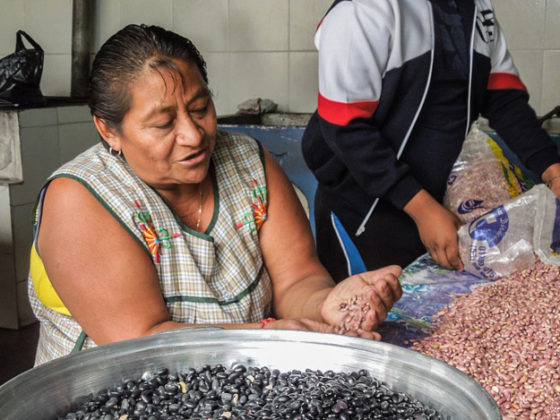It was a cold, rainy day and it seemed like the muddy road I was on would never lead me to La Patrona, a tiny community that was lost in the heart of the Mexican state of Veracruz.
After a number of missed turns and a hopeless misreading of my map I decided to try an approach that I should have used from the beginning – open my car window and ask passers-by for directions.



